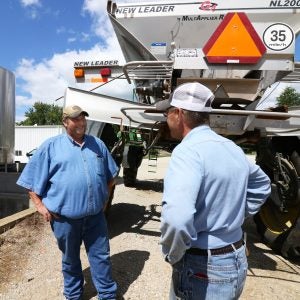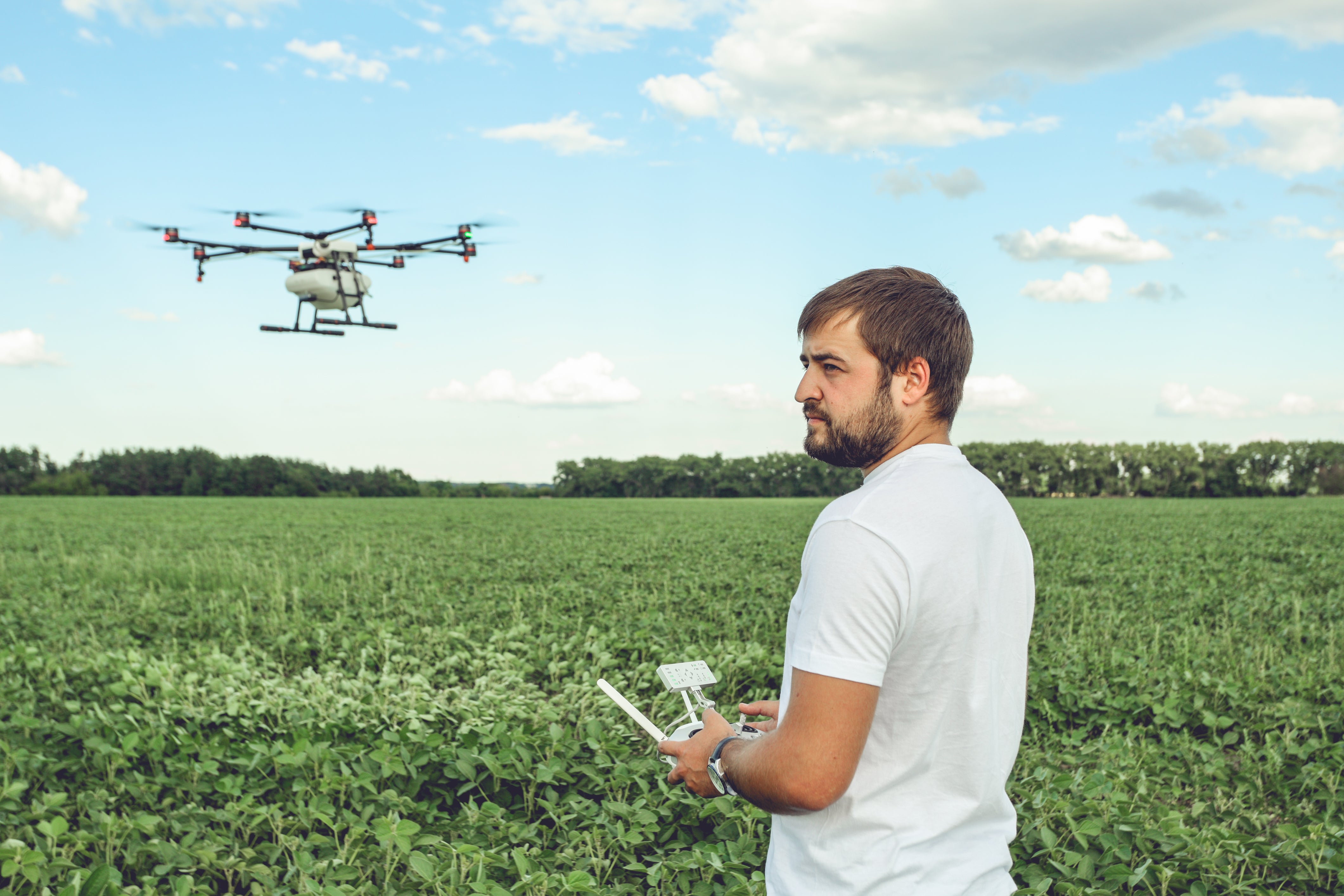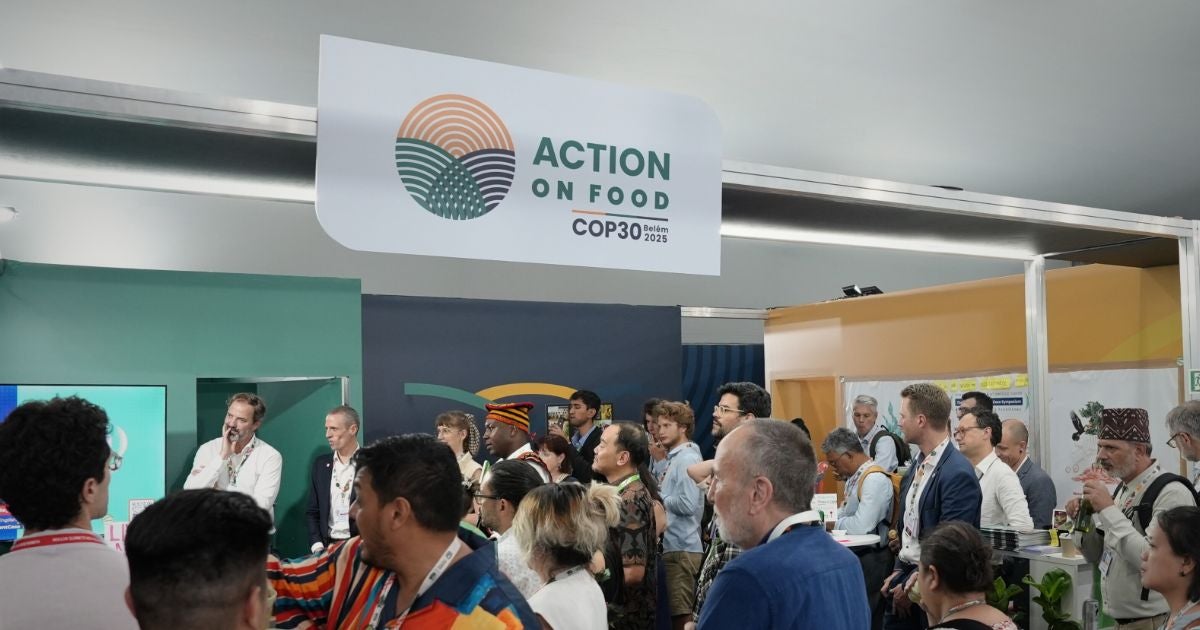How the Army prepared me for a conservation career in agriculture
 I’ve always been mindful of the environment, but it never struck me that conservation was something you could focus on professionally. It was just something that you cared about.
I’ve always been mindful of the environment, but it never struck me that conservation was something you could focus on professionally. It was just something that you cared about.
That’s why my career until now has included a range of other pursuits – playing music professionally and teaching percussion to public school students, collecting and analyzing intelligence in the U.S. Army, and conducting social network analysis for the Department of Defense.
When U.S. military involvement (and thus my own involvement) in the wars in Iraq and Afghanistan began to diminish, I took stock of what was important to me and what I wanted to spend the rest of my career doing.
I could think of no more urgent issue than protecting our natural resources. Now at Environmental Defense Fund (EDF), I’m doing just that – applying my training as an analyst to create a new program called Sustainability Programming for Ag Retailers and Certified Crop Advisers (CCAs).
[Tweet “How the Army prepared @jamesbpowers for a career in agricultural conservation, via @GrowingReturnshttps://www.edf.org/X23”]
Social network analysis identifies influence
A deep-rooted interest in understanding people’s motivations and influences led me to focus on the field of intelligence gathering, both in the military and in my post-Army years, and to develop an expertise in social analysis and systems.
Social network analysis looks at an organization and visually quantifies flows of resources between actors. The resulting web measures the influence of different people and organizations.
Everyone who shakes hands with a farmer – agronomists, seed dealers, landowners and bank lenders – has a role to play in conservation-related decision-making. Social network analysis illuminates spheres of influence and the role of various stakeholders in helping farmers make field management decisions.
The significance of ag retailers and CCAs

Almost universally, ag retailers and CCAs play a pivotal role in farm operations. They are often a farmer’s most trusted source of information, including on conservation practices.
That’s why Sustainability Programming for Ag Retailers and CCAs – also known as SPARC – aims to build the capacity of agricultural retailers and CCAs to help farmers implement and measure the results of conservation practices on their fields.
Administered by Field to Market in collaboration with the Agricultural Retailers Association, the American Society of Agronomy and EDF, SPARC is offering training modules, including: Sustainability 101; Translating Sustainability Across the Value Chain; The Farmer Business Case for Sustainability; Developing a Sustainability Program; Measuring Success; and Telling Your Sustainability Story. SPARC will also offer a number of other resources to help farm advisers deliver sustainability services to growers.
Farmers will benefit from improved efficiency, cost savings, risk reduction and yield protection. Retailers and consultants will benefit from the transition to a service-based model that can adapt to online competition. Even if Amazon starts selling fertilizer, farmers will still rely on face-to-face expertise and guidance on the benefits of different conservation practices and precision ag technologies.
One CCA or retailer can reach thousands of farmers and tens of thousands of acres. With that influence, SPARC can bring sustainable ag practices to scale while benefitting farmers’ bottom lines.
Related:
Why ag advisors should increase conservation offerings to farmers >>
3 steps to close the conservation data gap between farmers and investors >>
If you’re marketing a product to a farmer, show them where and how it will work >>












